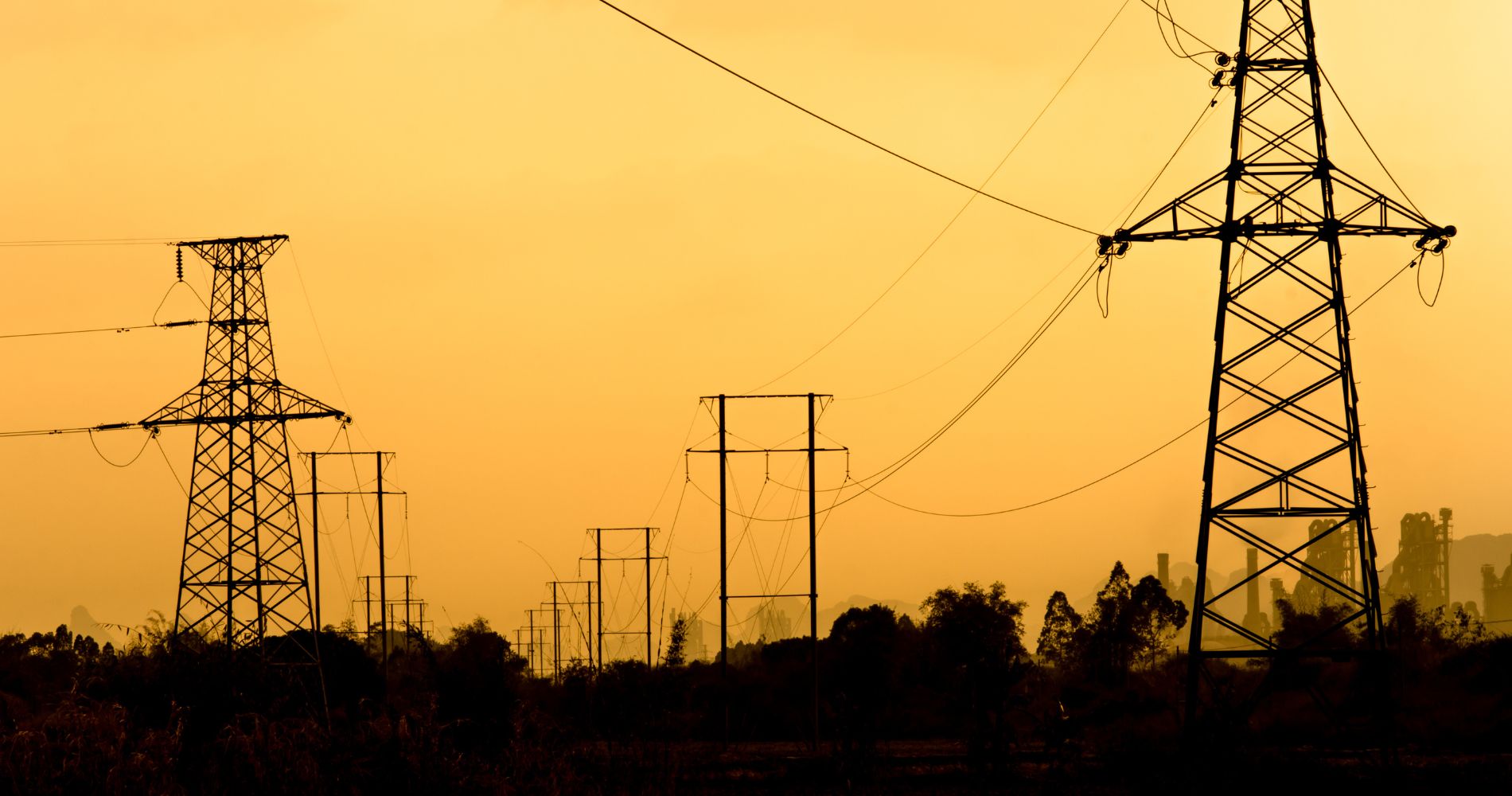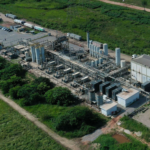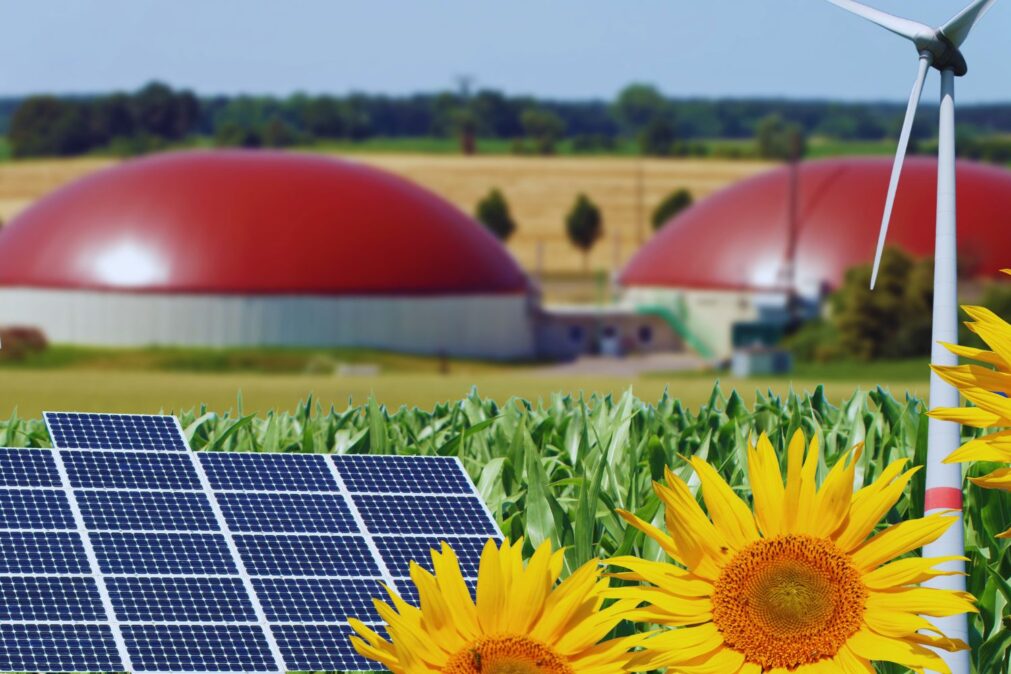Today, we are going to delve into a topic that has taken more and more space in the Brazilian and global energy scenario: the Distributed Generation (GD) Legal Framework. For those who are not yet familiar with the term, distributed generation refers to the production of electrical energy carried out close to or at the place of consumption.
What is Distributed Generation?
Distributed Generation (DG) is a concept that has been gaining prominence in recent years, mainly with the advancement of renewable energy technologies, such as solar and wind energy. DG refers to the production of energy at the point of consumption or at very close locations, eliminating the need for long transmission and distribution networks. This type of energy generation offers a series of benefits, such as reduction of transmission losses, greater energy efficiency and greater resilience against system failures.
Distributed Generation Legal Framework
The approval of the Distributed Generation Legal Framework in Brazil was a big step towards encouraging the use and implementation of this type of energy. The legal framework provides a set of rules and regulations that guide the production, connection and compensation of energy generated by DG systems.
Among the main aspects of the legal framework are:
- Regulation of energy compensation systems: The legal framework establishes that consumers who produce their own energy can inject it into the distribution network and be compensated for it. This process, known as “net metering” or “net metering”, allows consumers to reduce their electricity bills by producing some or all of the energy they consume.
- Establishment of capacity limits: The legal framework also defines limits for the generation capacity of DG systems. These limits are designed to guarantee the stability of the electrical network and may vary according to the type of consumer and the energy source used.
- Tax and Financial Incentives: A key part of DG’s legal framework are tax and financial incentives designed to make distributed power generation more affordable. These incentives may include subsidies, credit lines and tax exemptions, depending on the specific legislation.
Impacts of the Distributed Generation Legal Framework
The impacts of the Distributed Generation Legal Framework are broad and multifaceted. In the economic sphere, DG can contribute to the reduction of energy costs for consumers and companies, in addition to stimulating the creation of new businesses and jobs in the renewable energy sector.
From an environmental point of view, DG can contribute significantly to the reduction of greenhouse gas emissions, since most DG systems use renewable energy sources.
And finally, DG also has the potential to democratize access to energy, allowing consumers, even in remote areas, to produce and manage their own energy. This is especially relevant in a country of continental dimensions like Brazil, where there are still areas with limited access to the conventional electricity grid.
Future Perspectives for Distributed Generation in Brazil
With the Distributed Generation Legal Framework, Brazil is in a good position to explore the potential of DG and significantly incorporate it into the national energy matrix. According to data from ANEEL, the National Electric Energy Agency, the number of distributed generation connections has grown exponentially in recent years, indicating strong consumer interest in this energy modality.
In addition, technological developments in the area of renewable energy, especially in energy storage technologies such as lithium-ion batteries, have the potential to further boost the use of DG. The ability to store locally produced energy for later use can make DG even more attractive to consumers and businesses.
However, despite the promising prospects, there are still challenges to be faced. The effective integration of DG into the electricity grid, the guarantee of equity in the distribution of DG benefits and the adequacy of tax and financial incentives are issues that still need to be addressed to guarantee the sustainable development of DG in Brazil.
Conclusion
The Distributed Generation Legal Framework represents a significant step on Brazil’s path towards a more sustainable and resilient energy future. Through clear regulations and targeted incentives, this legal framework has the potential to transform the way we produce and consume energy, bringing economic, environmental and social benefits. However, GD’s long-term success will depend on how we address the challenges that still exist.






